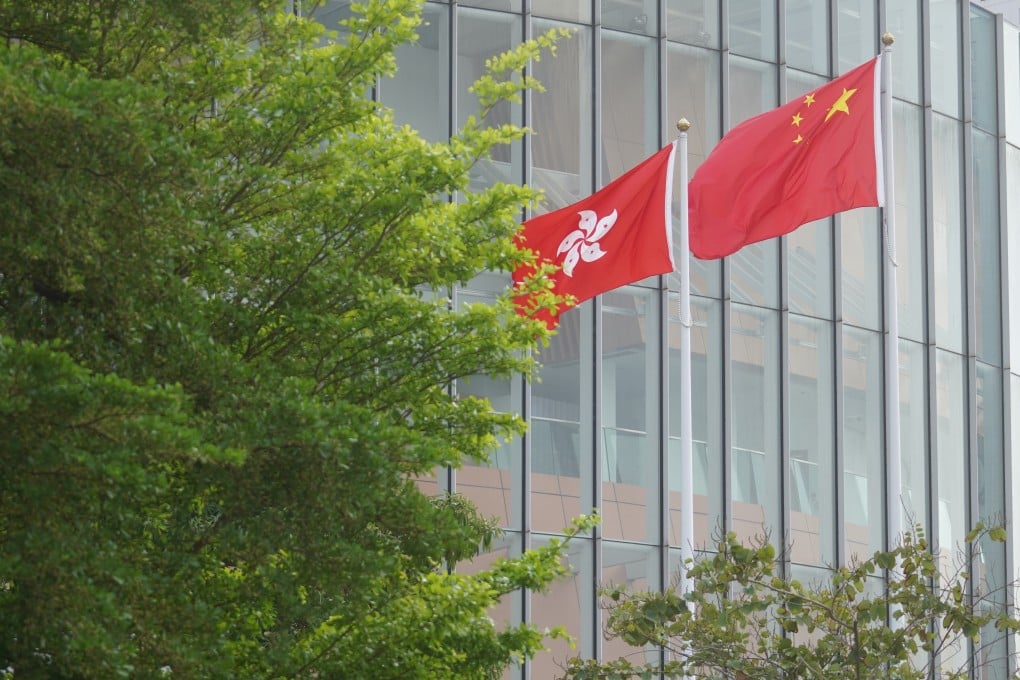Advertisement
Opinion | How will Hong Kong’s electoral system reform play out?
- With so much power concentrated in the hands of a small number of gatekeepers, will there be meaningful competition in the chief executive election?
- Even if pro-democracy candidates are able to overcome the tough entry hurdles, will any be willing to take part in the new-style legislative elections?
Reading Time:4 minutes
Why you can trust SCMP
19

In Hong Kong’s Legislative Council, “renewed” by the departure of 19 pro-democracy lawmakers following the National People’s Congress Standing Committee’s decision on the removal of Legco members last November, the legislative process has moved forward at a much brisker pace that was undreamed of for years.
The legislature passed a record seven bills, including the budget, in one day on April 28. The committee set up to study over 600 pages of complex amendments to electoral rules completed its task after 37 hours of work spread over 12 meetings.
Before the exit of the pro-democracy legislators, such progress would have been unthinkable. They would have resorted to strong-arm tactics to prevent politically unacceptable legislation from inching forward, as they did in 2019 to obstruct the passage of the fugitive offenders bill. The pan-dems blocked access to the chamber so that meetings could not even be held.
Advertisement
While supporters welcome the sea change as a return to colonial-era civility and efficiency, frontline reporters are quietly disappointed at the lack of drama and high-decibel opposition.
The concerns of the media and other watchdog organisations about the possibility of insufficient checks and balances are understandable, but there is no need to equate all-or-nothing and anti-China defiance with an indispensable counterbalance.

03:43
What Hong Kong’s 2021-22 budget means for residents of the city
What Hong Kong’s 2021-22 budget means for residents of the city
With the legislature dominated by pro-government lawmakers, the electoral reform legislation mandated by the central government is set to be passed at a Legco meeting on May 26, possibly extending over a few days.
Advertisement
Select Voice
Select Speed
1.00x
